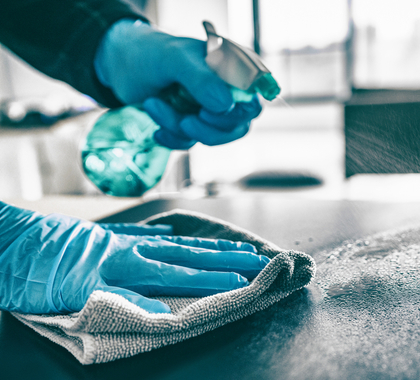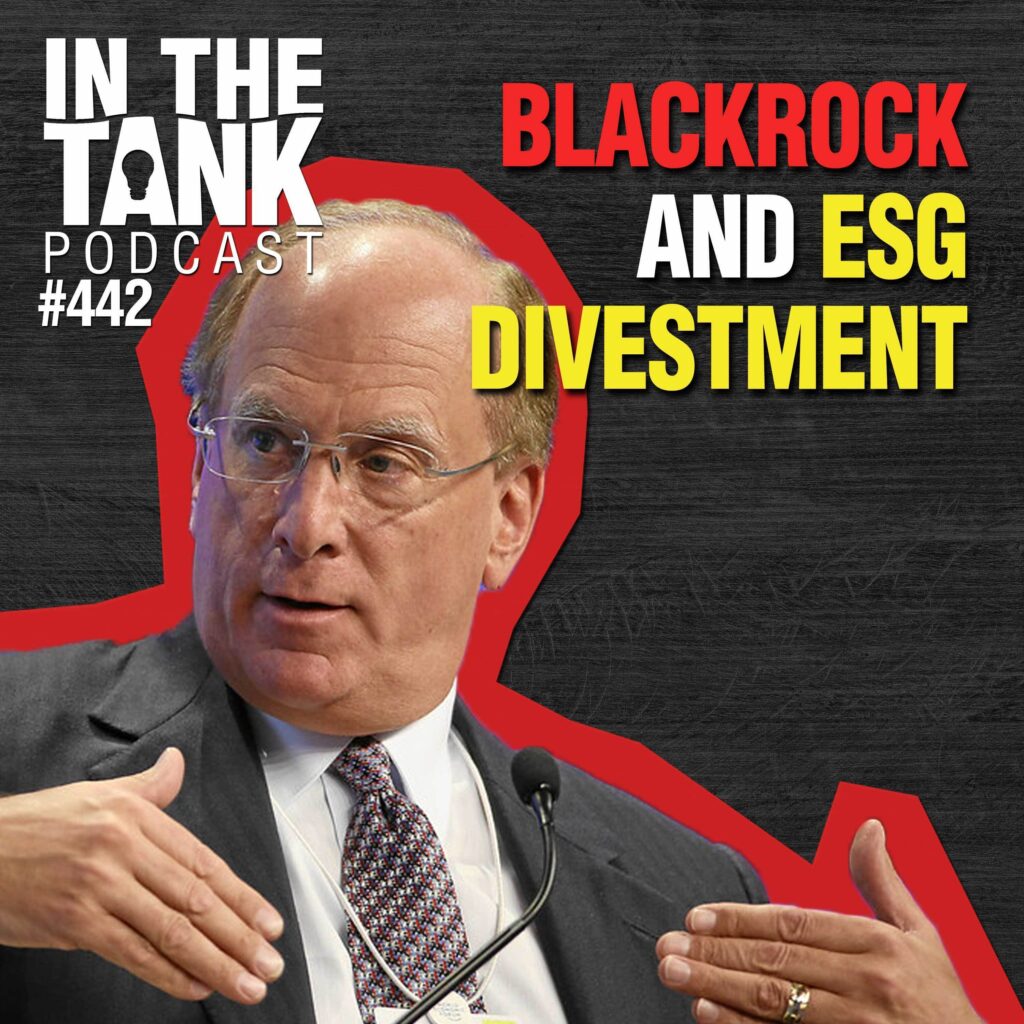In early April, the Centers for Disease Control (CDC) changed its guidance on surface transmission of the SARS-CoV-2 virus. After more than a year of cleaning and disinfecting, the CDC now believes surface transmission is relatively infrequent. This case illustrates the role of discovery in public policy.
The CDC says, “surface transmission is not the main route by which SARS-CoV-2 spreads, and the risk is considered low.” Most transmission occurs through respiratory droplets in poorly ventilated indoor spaces. (Outdoor transmission is also rare.) Contact with a surface contaminated with the virus has “less than a 1 in 10,000 chance of causing an infection.”
We normally think of discovery as something which occurs in science, but all human knowledge must be discovered. The emergence of SARS-CoV-2 highlights the role of discovery in public policy. As a new virus, experts initially knew nothing about it with certainty. Such a position of complete ignorance is rare but illustrating.
The fields of virology and epidemiology provided most discoveries about SARS-CoV-2. But economic knowledge must also be discovered and is more problematic than scientific knowledge. Economic knowledge generally depends on consumer preferences. The best car or computer can only be judged by users. Economists refer to this type of knowledge as subjective.
Economic knowledge also depends on time and place, as economist Friedrich Hayek noted. The best, meaning here most profitable, way to produce things varies over time and at different places today. Auto factories used to employ thousands on assembly lines. Now robots do most of the work. Grocery stores pay workers to bag customers’ groceries where wages are low but use only self-checkout lanes in high-wage cities.
Any society hoping to progress must discover new knowledge. Yet discovery provides a special challenge for a system where government experts’ recommendations get codified into binding rules. The argument for such paternalism is that the experts’ rules will lead us to make better decisions than we would ourselves. Government paternalism is controversial but ultimately only justified if it makes us, the citizens, better off.
Let’s now consider the details of COVID-19 and surface transmission. SARS-CoV-2 was novel, but virologists began with knowledge acquired from studying other viruses, including coronaviruses. Viruses and bacteria can survive on surfaces, and “fomite” transmission does occur. Scientists discovered that SARS-CoV-2 does not persist on surfaces as well as other viruses. Discovery did occur.
Yet, the rarity of surface transmission was discovered well before April; the new guidance cites research published in 2020. The CDC took months to change its message. Businesses have spent billions of dollars on cleaning supplies, employees’ time spent cleaning and disinfecting, and reduced hours of operation to allow cleaning. Paternalistic guidance needs to change as we learn, but government is frequently slow to change its rules.
Discovery undermines the rationale for a system of paternalistic experts. Depending on the volume and frequency of discovery, the experts may not know much more than the rest of us. Of course, experts naturally downplay this and contend that they know enough to tell us what we should do.
Trial-and-error is our most effective means of learning. Yet experiments generally require freedom, specifically permissionless and decentralized decision-making. Because countries like Sweden never closed their elementary and middle schools and states like Alabama reopened schools last fall, we learned that schools could reopen safely. We would not have learned if all schools stayed closed.
In principle, paternalistic government expert systems can experiment, but in practice, little experimentation occurs. In part, this is due to experts’ overestimating how much they know. And many successful experiments in science and business were dismissed as hopeless. Nobody gives permission to conduct crazy experiments.
We have repeatedly heard the refrain, “Follow the science!” Good scientists know that the discovery of new knowledge is imperative. And science requires freedom to experiment and question everything we think we know.
[Originally posted on Alabama Today]





